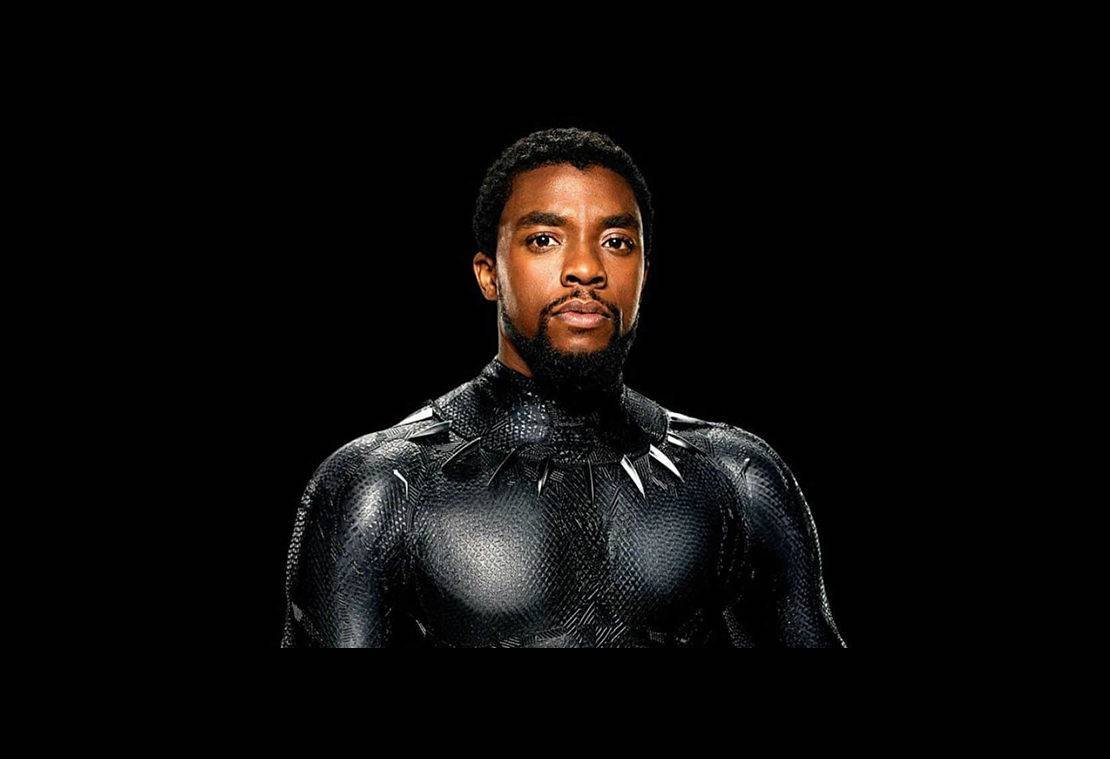Marvel Studio’s Black Panther is an epic film far more than just a superhero flick, as it represents a cultural moment, led by the intriguing performance of the late Chadwick Boseman as T’Challa. The studio head Kevin Feige and Disney in December announced the story of T’Challa will end with Chadwick’s demise, saying he won’t be recast in future films. However, thousands of fans are hoping Feige and other executives will rescind their decision.
Film critic Emmanuel Noisette od ‘E-Man’s Reviews’ has launched a petition with the fact to recast T’Challa in the Marvel Cinematic Universe. Starting the movement in late March it has since racked up more than 25,000 signatures and counting, surpassing its initial goal.
Noisette believes the role of T’Challa is too important to remove, especially after only one solo film.
“It would be at the expense of the audience, especially Black boys and Black men who saw themselves in him,” Noisette said. “The character of T’Challa is so vitally important for what he represents. He was literally the very first mainstream Black superhero. He’s Black history. The Jackie Robinson of Black superheroes.”
Created by Stan Lee and Jack Kirby in 1966, T’Challa was brought to comic readers at time when the systemic racism towards Black people is becoming prevalent. In his first appearance, he squares off with the Fantastic Four, an all-white team. Dr. Stanford W. Carpenter, a comic scholar and artist, points to this as a pivotal moment for media representation.
“Our family of heroes goes out in search of a hidden civilization and stumble upon a people who they initially think are savages that turn out to be technologically advanced,” said Carpenter. “They go up against their leader. The twist? They are African! They are Black! And their leader, the Black Panther, is better than the Fantastic Four, both in combat and intellect.”
“In so doing, Stan Lee and Jack Kirby challenged people of the sixties to imagine who could be a superhero.”
Nonetheless, Noisette believes the character sparked a wave of other Black superheroes on comic pages, television and film screens.
“He wasn’t a sidekick. He wasn’t a side character. He was the star. Without T’Challa you wouldn’t have Blade, you wouldn’t have Storm,” said Noisette. “You wouldn’t have these characters that are in the forefront without T’Challa being there first.”
Noisette, like many fans, was taken aback when the usually elusive Feige flatly stated there would be no recasting of Chadwick Boseman’s iconic role.
“They said we aren’t recasting period,” said Noisette. “Marvel had the best intentions here. But long term, there are deeper ramifications that I don’t think people are aware of. What do you do with the little Black boys who looked at T’Challa and saw themselves in him?”
Although much has not be said about the planned Black Panther sequel set to release July 8, 2022, but director Ryan Coogler has confirmed that he had to rewrite the sequel without T’Challa, which he called “the most difficult professional task” he has ever had. Some have speculated that the character will be killed on or off screen, which Noisette finds problematic.
“’Black Panther 2’ comes around and let’s say we’ve all had enough time to heal from Chadwick Boseman’s passing. You’re going to kill him again? You’re going to re-open that wound? I think that’s a little misguided.”
Noisette re-emphasized the motive behind the movement and not to bring Boseman disrespect. The point is to recognize the role is bigger than one person.
“It’s like if a loved one passed. What’s the best way we can celebrate this person? #RecastTChalla is a call to fulfill the role that Chadwick worked so hard for the world to see. We only scratched the surface with his story.”
Filming on ‘Black Panther 2’ hasn’t begun yet, so Noisette feels there is still time for producers, writers and directors to take a fan movement like this into consideration.
“T’Challa is the epitome of representation. He is what we are striving for. He absolutely should continue. The number one way to kill a legend is to stop telling their story.”

